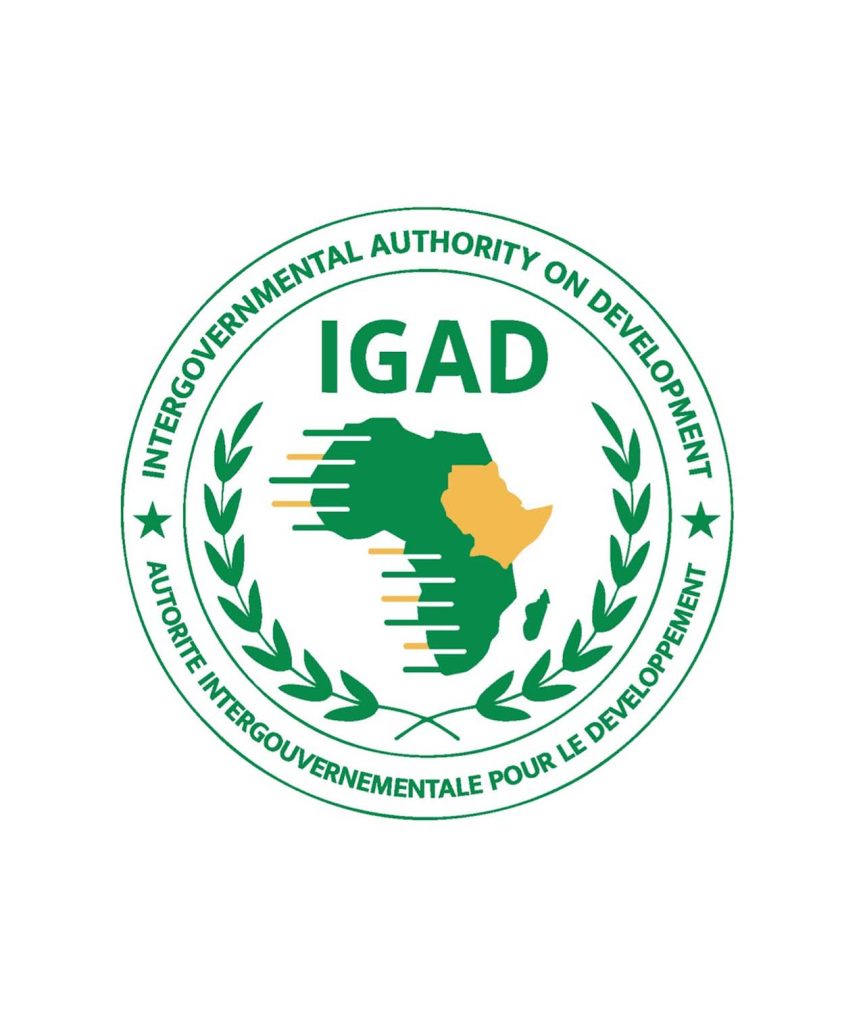By Luganda David Nsiyonna – NECJOGHA
ADDIS ABABA, ETHIOPIA – The Second Africa Climate Summit (ACS2) concluded on September 11, 2025, with a powerful message: Africa is a leader in global climate solutions, not a victim of climate change.
The summit, hosted by the Federal Democratic Republic of Ethiopia in partnership with the African Union, adopted the “African Leaders Addis Ababa Declaration on Climate Change and Call To Action,” a historic step that places the continent at the forefront of worldwide climate action. A key outcome was the call for increased support for African-led climate initiatives such as the African Union Great Green Wall Initiative, the African Forest Landscape Restoration Initiative, and the Ethiopian Green Legacy Initiative.
The summit saw significant financial and innovative commitments to fund African-led solutions. The Africa Climate Innovation Compact (ACIC) and the African Climate Facility (ACF) were established, championed by Ethiopian Prime Minister H.E. Abiy Ahmed, and are set to mobilize $50 billion annually in catalytic finance.
Their goal is to deliver 1,000 African solutions for climate challenges in energy, agriculture, water, transport, and resilience by 2030. The
Africa Green Industrialisation Initiative (AGII), backed by $100 billion in mobilized funds, was signed by African financial institutions including AfDB, Afreximbank, Africa50, and AFC. The initiative aims to transform the continent’s renewable energy, resources, and industries into a climate-smart engine for growth. A landmark agreement was also reached to operationalize the long-awaited
African Climate Change Fund, supported by the African Development Bank, to channel green bonds and other innovative financing instruments tailored for Africa’s realities.
African leaders stressed that adaptation finance from developed nations is a legal obligation, not charity, and demanded this funding be provided as grants, not loans, to avoid worsening existing debt burdens. The second phase of the Africa Adaptation Acceleration Program (AAAP) seeks a $50 billion investment to prepare Africa’s food systems and future-proof its infrastructure and urban areas by 2030. The summit brought together over 25,000 delegates, including heads of state, government ministers, and representatives from civil society and the private sector. Leaders spoke with one voice in demanding urgent reforms of multilateral development banks to reduce borrowing costs and increase African representation in global financial governance.
The summit also advanced the “Mission 300 Agenda” and the “Clean Cooking Initiative,” which aim to provide modern energy access to 300 million Africans and clean cooking solutions to 900 million within the decade. Leaders called for Africa’s share of global renewable energy investments to increase from the current 2% to at least 20% by 2030, a shift that would reflect the continent’s potential as a renewable energy powerhouse. The newly developed
Africa Just Resilience Framework (JRF) and the Climate Justice Impact Fund for Africa (CJIFA) were officially launched to provide a framework and funding for local climate initiatives. The ACS2 is seen as a crucial step on the road to COP30 in Belem, Brazil, where Africa will present a unified and effective engagement. The success of the summit demonstrates that when nations collaborate on solutions, positive outcomes follow, and proves Africa’s capability to convene, lead, and deliver globally impactful results.








